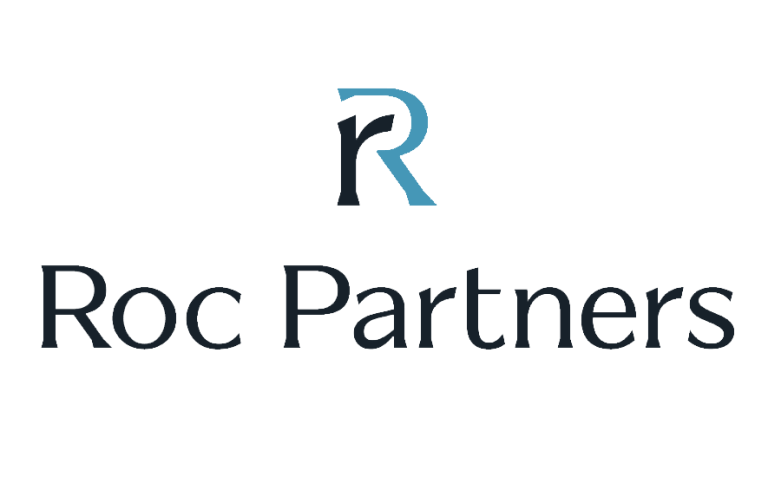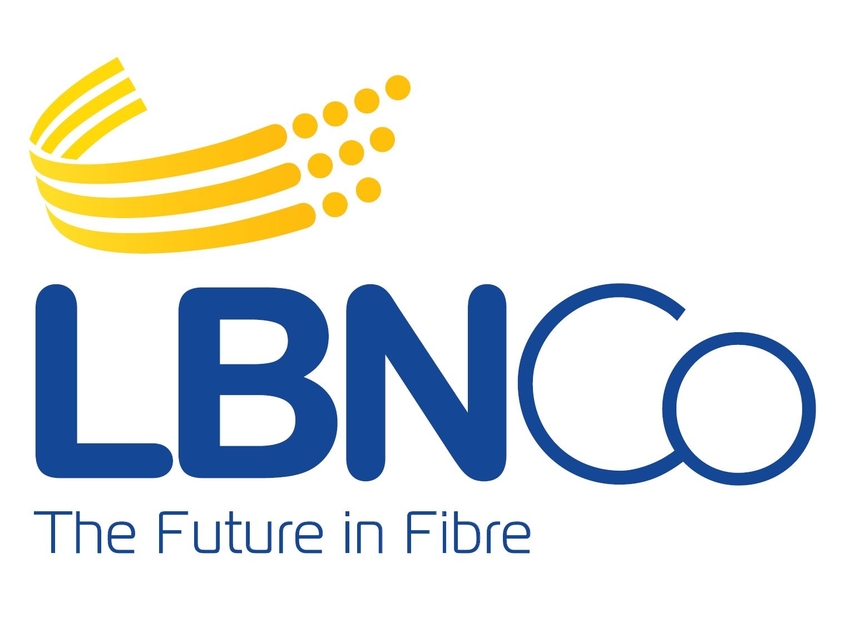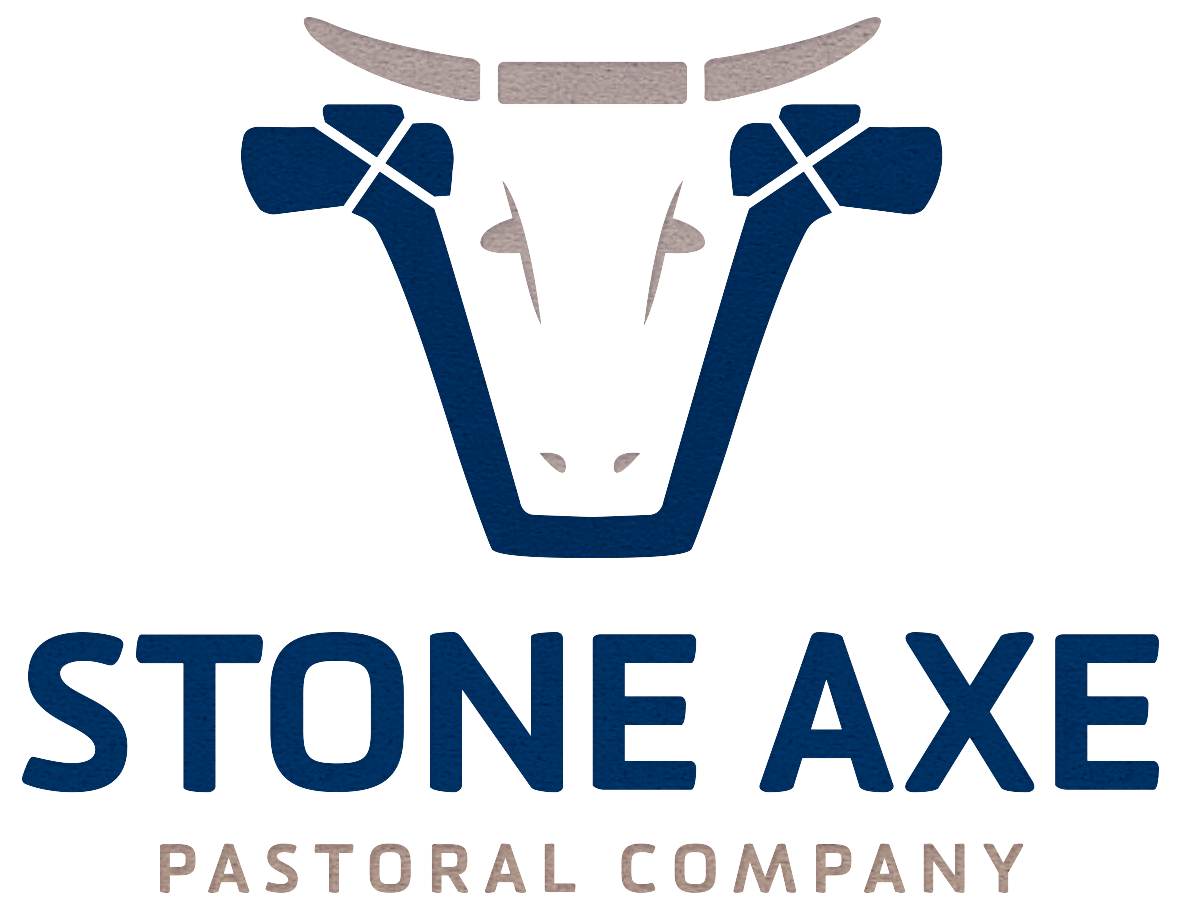Andrew Muston: Hello, I'm Andrew Muston head of Wholesale at Roc Partners. And today, I'm joined by Michael Lukin, Managing Partner and Samantha Bayes, Senior Associate at Roc Partners we recently published our first annual report focusing on responsible investing. And today we want to spend some time better understanding Roc's approach to responsible investing and how that style investing is influencing private markets and value creation. So Mike, I'll start with you. What is Roc’s mindset around responsible investing and the opportunity for value creation in private markets.
Michael Lukin: Thanks Andrew first and foremost, it's the right thing to do. So, we have obligations as an investor in markets to not only our investors but to the community as a whole. And so, everything we do is about that interaction between our portfolio companies our guidance as an investment manager and the subsequent outcomes when we look at responsible investing activities.
The way we think about it from an investment perspective, however, is that we're really, when you're a private markets investor, it's about mitigating risk to a certain extent and historically responsible investing the way we have integrated into our process is about mitigating the risk when we look to sell a business or we operate a business, that we have a contingent liability on the balance sheet. And that might be a poor governance structure, it might be environmental liabilities, it might be a business that's not set up for success into the future. And so, everything we do around our investment activity is very much integrated into how do we create a business that is robust and sustainable not only for our ownership period but decades to come post that period. The approach we take when we look at these businesses is, historically I think it's been about risk mitigation and downside risk, but increasingly and we're seeing this when we talk to investors globally is it's about upside potential as well. So historically, ten years ago, we talked about, mitigating liabilities on the balance sheet and risk in the business, today more and more we're seeing, to a certain extent, there will be businesses that are unsalable in five to seven years because there will be no investor on the other side that will want to take that risk.
Similarly, there will be businesses that will benefit from a more, highlighted approach to responsible investment and we expect those types of businesses to actually outperform. So in essence, a business that can point to great credentials around sustainability or great governance structures or great diversity amongst their workplace will actually result in a higher earnings multiple when we go to sell that business and so from our investor perspective, we're actually being negligent if we're not taking into account responsible investment criteria because we're actually leaving money on the table. And so we we've always had a very much an integrated approach into responsible investment. We build it into our investment team. We build it into our investment papers. We build it into our portfolio management and our portfolio company planning processes, as simply part of the investment activity in operational value ad that we can bring. I think also increasingly what we're going to see and I think private markets are well positioned to take advantage of this is, a transition to a more sustainable future economy will take capital and we'll take significant capital. And so, the way that I see private markets interacting in that kind of generational shift or that economy shift, is private markets are going to probably be the best place for some of these transitional activities to occur.
The way to think about responsible investing in the way we think about it is there will be almost, various pockets of companies that will benefit from responsible investing activity and this higher focus on responsibility by investors long term. So you'll have a bunch of companies that are just absolutely set up for the future and they may involve carbon, they may involve sustainability of packaging, of recycling, clearly in a world that's more focused on responsibility. These businesses are going to be winners. There'll be a bunch of businesses that are in the middle that probably are high emitters at the moment, but we'll have a sustainability path. And I think one of the key things that private equity can deliver is that sustainability path.
So, how do we get on this trajectory of lowering our carbon emissions? Improving our governance, to certain extent some of these activities need capital, private equity can bring that capital but at the end of the day you have businesses that will as a result of that transition actually be moving into that other bucket and as a result have a higher premium
attached to it. And then finally, there'll be a bunch of businesses that will find it difficult to transition. And part of that bucket, will be mitigating the risk factors around that business. It may be some of those businesses just become un-investable and I think that will be something that will see more and more of over the next decade as I said, investors start to think differently about investing, not only financial returns but their social objectives attached to that. But there'll be a bunch of businesses in that portfolio in that pool of investments that may need external support. So it might be buying carbon credits in the voluntary markets. It may be some other kind of transitional measure to offset some of the activities that just either the technology is not there or the risk return trade-off on Capital just isn't there. So we obviously skew to the left on that group.
We looking for those businesses because to a certain extent they are already set up and they have strong tailwinds attached to them but that middle group I think is also very important part of the transition globally of the economy that there are private investors that are looking for that transition capability and can move that transition, those businesses through transition into a more sustainable footing.
And I think from a Roc perspective just more broadly, Sam has joined us and really while we've always integrated responsible investing into what we do, we probably haven’t articulated it very well and I think importantly we're probably haven't been able to have a framework in place that we can consistently apply across our portfolio.
What we've been working on and part of the strategy we've got in place with Roc is a responsible investment framework which talks about our investment processes and how we think about investing with the responsible investment mindset. Obviously, we've been doing that for a long time and we continue to focus on that then how do we implement those initiatives. And with portfolio companies, how do we actually build these initiatives into our management plans with these companies. So we will pick out two or three key criteria that we're looking to support sustainable packaging, lower carbon footprint, better diversity, better governance structures, and incorporate that into a plan that we can then measure and I think that measurement is really important so that we can show our investors and importantly when we're going to sell these businesses the potential buyers of this business that we are on this journey, and we're just not articulating words.
That's a very important part of what we do with our portfolio planning process. And then finally it's about engagement and how we work in the community to broaden the church of people thinking about responsible investing and how we continue to own - what I use the phrase “social license” to operate as Roc Partners as our portfolio companies. We need a “social license” to operate more and more. I think the days of being able to be a poor corporate citizen a world gone. And so we need to be able to show our engagement with the community more broadly not only kind of within industry but outside of our industry and find organisations and groups that we can support and continue to operate with that “social license” that I think is increasingly important as we think about, you know, investing and making good returns for our investors over the next decade.
Andrew Muston: Fantastic Mike thanks to the last question. Now Sam one challenge in private markets is consistency in the approach for assessment and measurement when it comes to responsible investing and ESG. Mike mentioned our responsible investing framework, can you build on this and can you also walk us through Roc’s approach?
Sam Bayes: Absolutely. So building on what Mike said Roc Partners has been integrating ESG and responsible investment into investment decisions for really long time. But again, around actually consistently reporting that to our investors has just been what's lacking so really over the past twelve months, what we've tried to focus on is actually developing that responsible investment framework so we can report on it. So what that framework actually looks like is three key pillars. So before we dive into the pillars really looking at what our key ESG factors are. So Roc Partners undertook a formal materiality assessment, whereby we identified what those key environmental, social and governance factors should be and how we can integrate that through every step of our investment process. So we undertook that formal materiality assessment in line with the global reporting initiative and it also involved both internal and external stakeholder engagement and then the outputs of that materiality assessment feeds into our responsible investment framework. Which is integration, shared value and transparency. So just looking at integration. That's really ‘how can our ESG factors from pre-acquisition to acquisition of the asset hold and exit’ ‘How can we integrate ESG throughout all stages of that process’ and really if we just look at that pre acquisition stage, we undertake a formal due diligence process with all our portfolio companies to not only look at the Roc material ESG factors, but also business and industry specific factors.
Then moving on to that shared value piece. Once we've got the findings from that due diligence process, it feeds into a strategic action plan where we will work collaboratively with our portfolio companies to try and look at those ESG risks and opportunities. How can we actually harvest that over the life of the asset and then on exit, how do we communicate all the value, hopefully that we've created over the lifetime? And then that last piece is really around transparency. So all the efforts that we put in how do we actually communicate that on a consistent and formal basis. There's a plethora of ESG reporting frameworks in the market and the key one that we using is the ESG data convergence initiative, which really looks at performance indicators. So we are trying to measure those KPIs across all of our portfolio companies and also encouraging our GPS to also integrate those KPIs into their reporting frameworks.
And then lastly to wrap it up looking at Roc as an organisation. How any obligations that we put on our portfolio companies are GPS. We want to be confident that we are also undertaking those same initiatives. So just looking at some of Roc’s key initiatives. We are a carbon neutral organization and we actually purchased high quality nature-based offsets in order to become carbon neutral. We are seeking climate active certification through climate active the peak industry body in Australia.
We are also undertaking a process to measure our finance scope three emissions. So what is our essential carbon footprint across our investment portfolio both direct and indirect investments, we are members of the Initiative International Climate. Sorry, there's way too many acronyms in the industry. And we have also partnered with an indigenous base organization known as ID Know Yourself, which has a mentorship program for Aboriginal and Torres Strait Islander children.
Andrew Muston: Fantastic. Thank you Sam.
Michael Lukin: Thanks, Andrew.
Andrew Muston: Thank you for joining us and to learn more about Roc’s approach to responsible investing and to read our annual report, please visit our website.




